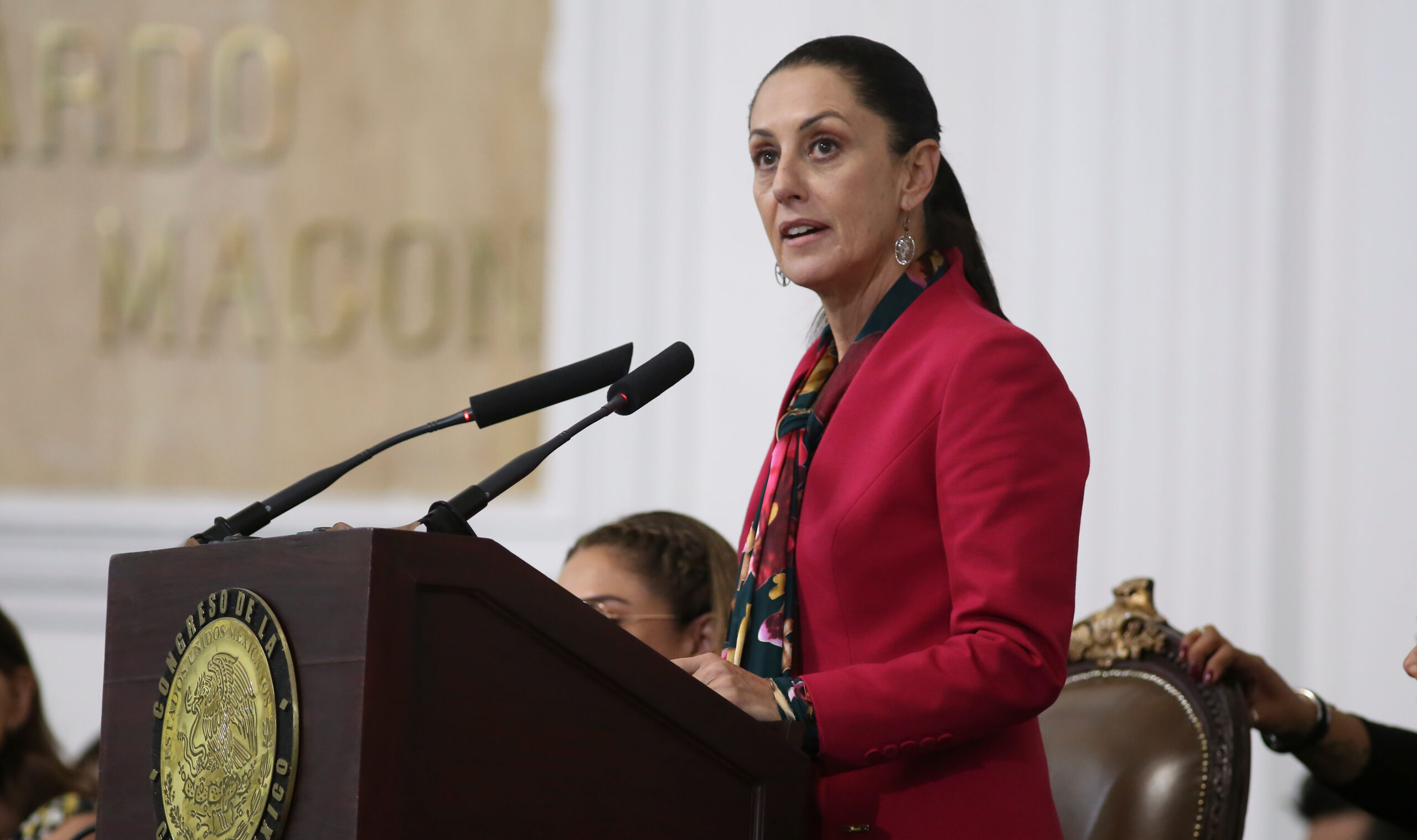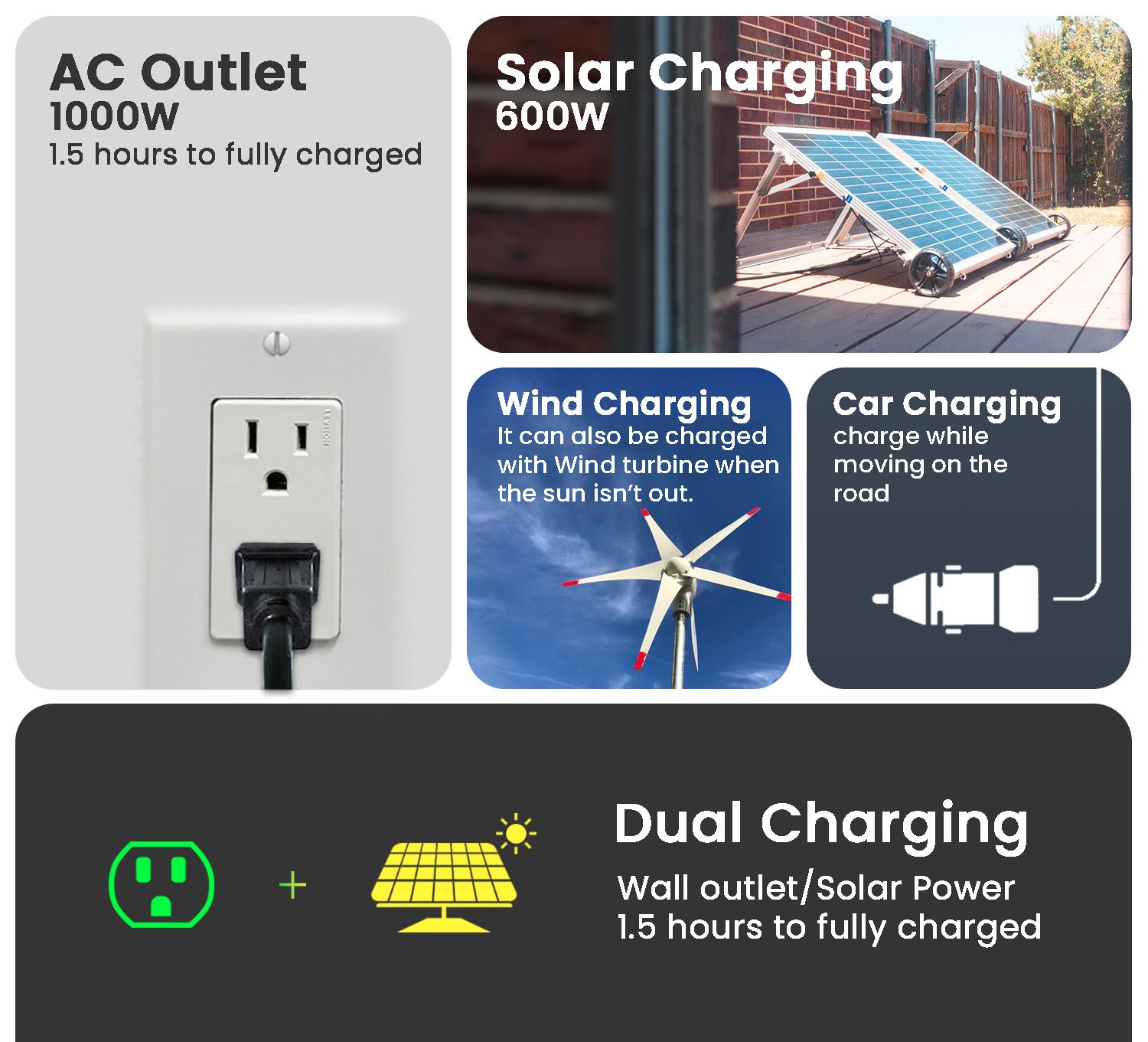Trump’s Election Provokes Fear South of the Border
The incoming administration has changes in U.S. policy towards Mexico high on its list of priorities.

“The worst scenario for Mexico has occurred,” writes Elías Camhaji, the Mexican correspondent for El País. “Donald Trump used Mexico as his favorite piñata,” writes Guadelupe Galvan, of El Universal. La Jornada waxes more poetic: Trump is “the spark that will light millions of fires that were waiting for hatred like fuel and for power like the wind to stoke the flames.”
The triumph of Trump and the Republican Party in the 2024 election carries serious implications for the United States’ southern neighbor. Trump was elected on a platform of law and order, including the elimination of illegal immigration and a crackdown on drug trafficking and the cartels that carry it out—all of which will require an adjustment in relations between the U.S. and Mexico and new political challenges for the recently inaugurated Mexican president, Claudia Sheinbaum.
During his campaign, Trump promised he would reinstate the “Remain in Mexico” policy, which required immigrants seeking asylum to remain south of the border while their applications were being processed. He also promised to deport the approximately 11 million illegal immigrants currently living in the U.S., most of whom came from Mexico. Furthermore, he also advocated for deploying American military forces to combat cartels in Mexico to cut down on the Mexican drug trade into the U.S. All of these policies will require cooperation with Mexico and could have significant costs for the country, which is already embroiled in an escalating violent conflict with the cartels in the wake of the American capture of the Sinaloa cartel kingpin “El Mayo.”
Making things yet more difficult for Sheinbaum is the Mexican populace’s virulent opposition to perceived American intervention in Mexican politics. The country has a fiercely independent streak and has often resented the interference of its more powerful neighbor in its domestic and international affairs. More than one Mexican politician has seen their career wrecked by the perception that they were too subservient to the interests of the United States. While some of the immigration agreements have precedent—the “Remain in Mexico” policy, for example, was negotiated by Donald Trump during his first term as president with Sheinbaum’s predecessor, Andrés Manuel López Obrador—others, like the deployment of the American military in Mexican territory to combat drug trafficking, are likely to provoke extremely hostile comparisons with previous American armed interventions in the country.
Donald Trump will, however, have a significant amount of leverage in potential negotiations between the two countries over border policies and security agreements. The U.S. is Mexico’s largest trade partner, importing $475 billion from the country in 2023, and has benefited immensely from efforts by American companies to decouple their supply chains from China. The important USMCA free trade agreement is up for review in 2026, and Trump has threatened to end free trade with Mexico and impose a 25 percent tariff on Mexican imports if the flow of fentanyl from Mexico to the U.S. does not diminish. If Trump does not get what he wants and decides to play hardball, the consequences could be devastating to the Mexican economy.
The situation comes at a very bad time for Sheinbaum, who is already suffering from a crisis of investor confidence in the country due to Mexico’s recent judicial reform. The new system will allow voters to select every judge in the country through popular election, an arrangement that has many worried will produce low-quality, corrupt, or biased judges that will rule unfavorably towards international corporations. It also raises the specter of cartels manipulating elections to secure friendly judges, increasing the difficulty of fighting organized crime.
Despite widespread hostility to Trump among Mexicans, however, Sheinbaum has played a cool hand so far. She declined to make any partisan comments on the election while it was ongoing (unlike, for example, the left-wing Brazilian President Lula Ignacio da Silva, who stated his preference for Kamala Harris at the end of last week). When asked about a potential Trump victory, she said diplomatically, “President López Obrador in the end had a good relationship with Trump and I don’t see why we wouldn’t be able to have it as well.”
She has also been quick to establish a working relationship with the president-elect. In a post on 𝕏 Wednesday afternoon, Sheinbaum congratulated Trump for his victory and called for cooperation between the U.S. and Mexico: “I am certain that we will continue to coordinate our work together, with dialogue and respect for national sovereignty on both sides, to advance the broad bilateral agenda that unites us.”
Sheinbaum also spoke with the president-elect Thursday directly over the phone.
How and to what extent Sheinbaum and Trump coordinate could be a significant factor in both of their political careers. Much of the illegal immigration to the U.S. that Trump wishes to control originates outside of Mexico and is most easily stopped at the Mexican, not the American, southern border. An agreement for Mexican border forces to turn back illegal immigrants from other countries, like that worked out with López Obrador, would be of great use for reducing border crossings to the U.S. At the same time, Sheinbaum is facing a plague of cartel violence within Mexico, and the aid of the U.S. could prove helpful in bringing it under control. One of the major portions of Sheinbaum’s security strategy is increasing the capacity of Mexican intelligence services—American assistance could prove useful in accomplishing that goal.
On the other hand, a fallout between the two leaders could have major economic consequences for both countries. The U.S. imports more from Mexico than from any other country in the world, including China. Accordingly, the imposition of tariffs or other economic measures by the Trump administration could decimate certain Mexican industries, and also significantly increase costs for American consumers and businesses.
For now, though, it appears that Sheinbaum is disposed to bargain.
The post Trump’s Election Provokes Fear South of the Border appeared first on The American Conservative.



